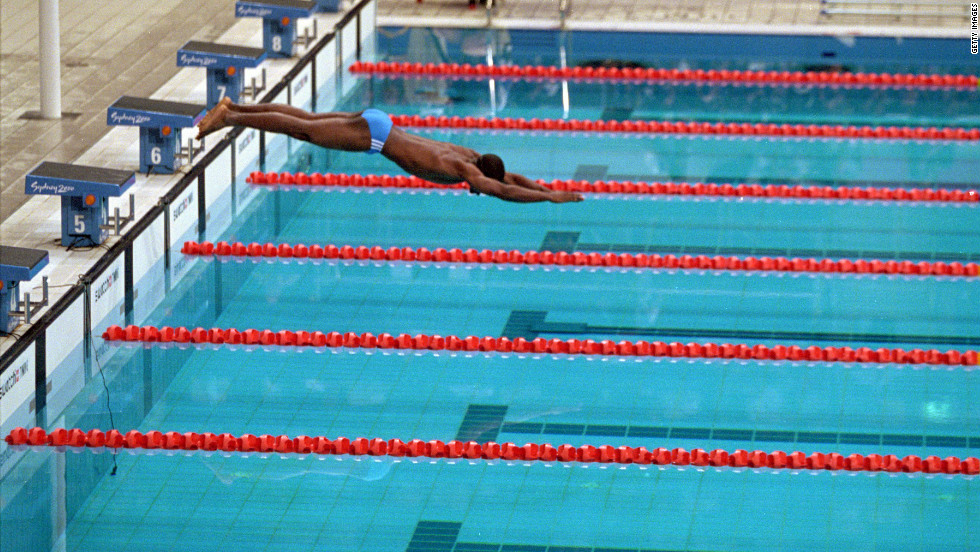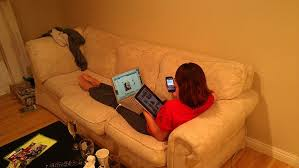 Anecdote #1: Actual conversation I had with my husband this week.
Anecdote #1: Actual conversation I had with my husband this week.
Husband: Honey, what are you working on over there?
Me: Nothing. Why?
Husband: Because you are on your phone with one hand and your tablet with the other. It looks like you’re working hard.
Me: Nope. My tablet is slow, so I like to shop on my phone while my tablet is loading
Husband: You need two devices at the same time?
Me: I guess? Is that weird?
Husband: I think you have a problem.
Anecdote #2: Actual conversation I had with my six year old this week.
 Me: Sweetie, stop talking! I can’t concentrate on doing your hair while you’re talking about the Odd Squad TV show and acting it out.
Me: Sweetie, stop talking! I can’t concentrate on doing your hair while you’re talking about the Odd Squad TV show and acting it out.
My daughter: (with newly learned sassiness) MOM! It’s called multitasking. And I can DO it!
*Disclaimer. I have no idea where my first grader learned this.
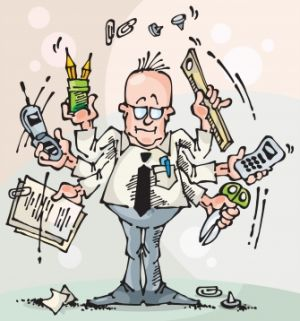 Seriously, y’all. We may have a multitasking problem in my house. (ummm... It MIGHT be me. Just sayin'.).
Seriously, y’all. We may have a multitasking problem in my house. (ummm... It MIGHT be me. Just sayin'.).
I thought I was doing my daughter’s hair, only to discover that I was actually part of an audience-participation show on an imaginary TV show that I haven’t really paid attention to.
I thought I was doing online shopping, only to discover that I was really browsing social media at the same time.
Part of that comes from being a teacher. We’re supposed to teach lessons while we monitor behavior while we informally assess the learning while we mentor while we notice the signs of health issues, bullying, mental health, and more.....
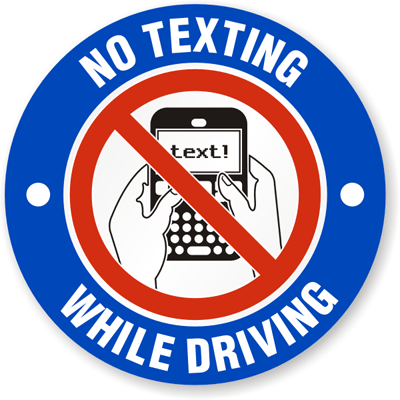 Teachers HAVE to be multitaskers. It’s in our job descriptions.
Teachers HAVE to be multitaskers. It’s in our job descriptions.
Sometimes, multitasking is a bad thing. Texting while driving (or while teaching or while out to dinner or while in a meeting) -- is not a good choice.
Taking attendance while checking homework while managing behavior all at once -- IS a good choice!
If we step back a little from our day-to-day into our “big picture”, we can see other ways that multitasking can be beneficial.

We think we were hired to teach “history” or “civics” or “economics”. But really we are tasked with multitasking -- teaching historical thinking skills, geography skills, reading, logic, primary sources, study skills, thesis writing, civic engagement, cooperation, speaking and listening skills and more.
We are the SOCIAL sciences. We teach SOCIAL-related skills of communicating, listening, thinking.
Our benchmarks include content as well as those skills. Some skills are explicitly listed. Some are parts of other skills or are necessary to master certian benchmarks.
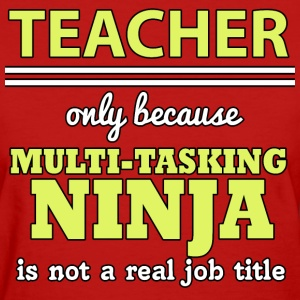 I encourage you to think of yourself as a multitasker when you plan your lessons. Ask yourself what skills you are teaching WITH your content and be intentional about the teaching of those skills as well as that content.
I encourage you to think of yourself as a multitasker when you plan your lessons. Ask yourself what skills you are teaching WITH your content and be intentional about the teaching of those skills as well as that content.
When you multitask your skills in with your content, you’ll find that your students are better prepared for tests -- and for life.
How do you multitask your teaching of skills with your content? How do you plan for your multitasking in this area? As always, I love to hear from you! Email me newmantr@pcsb.org


